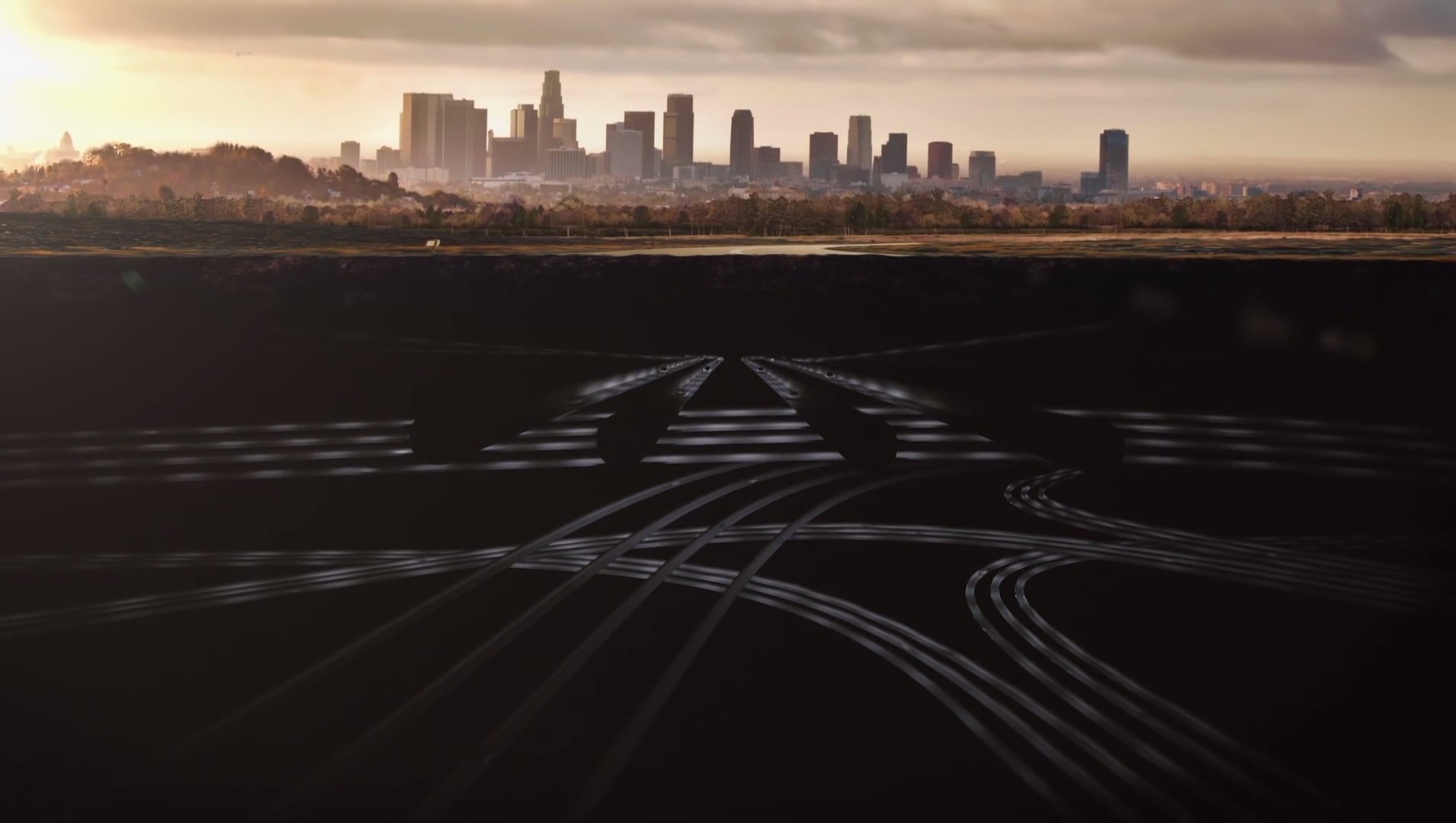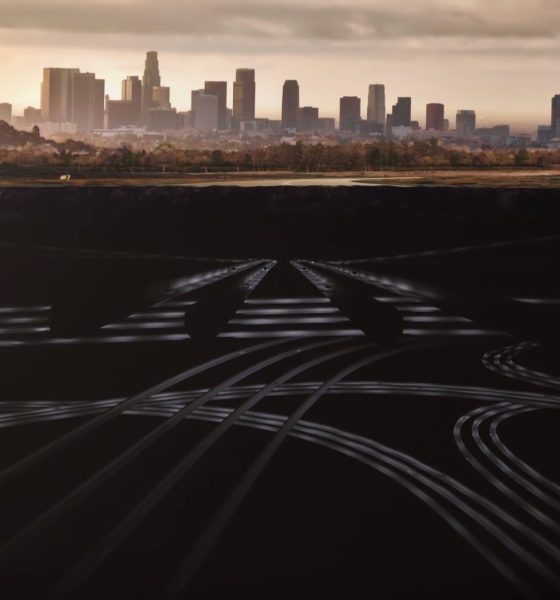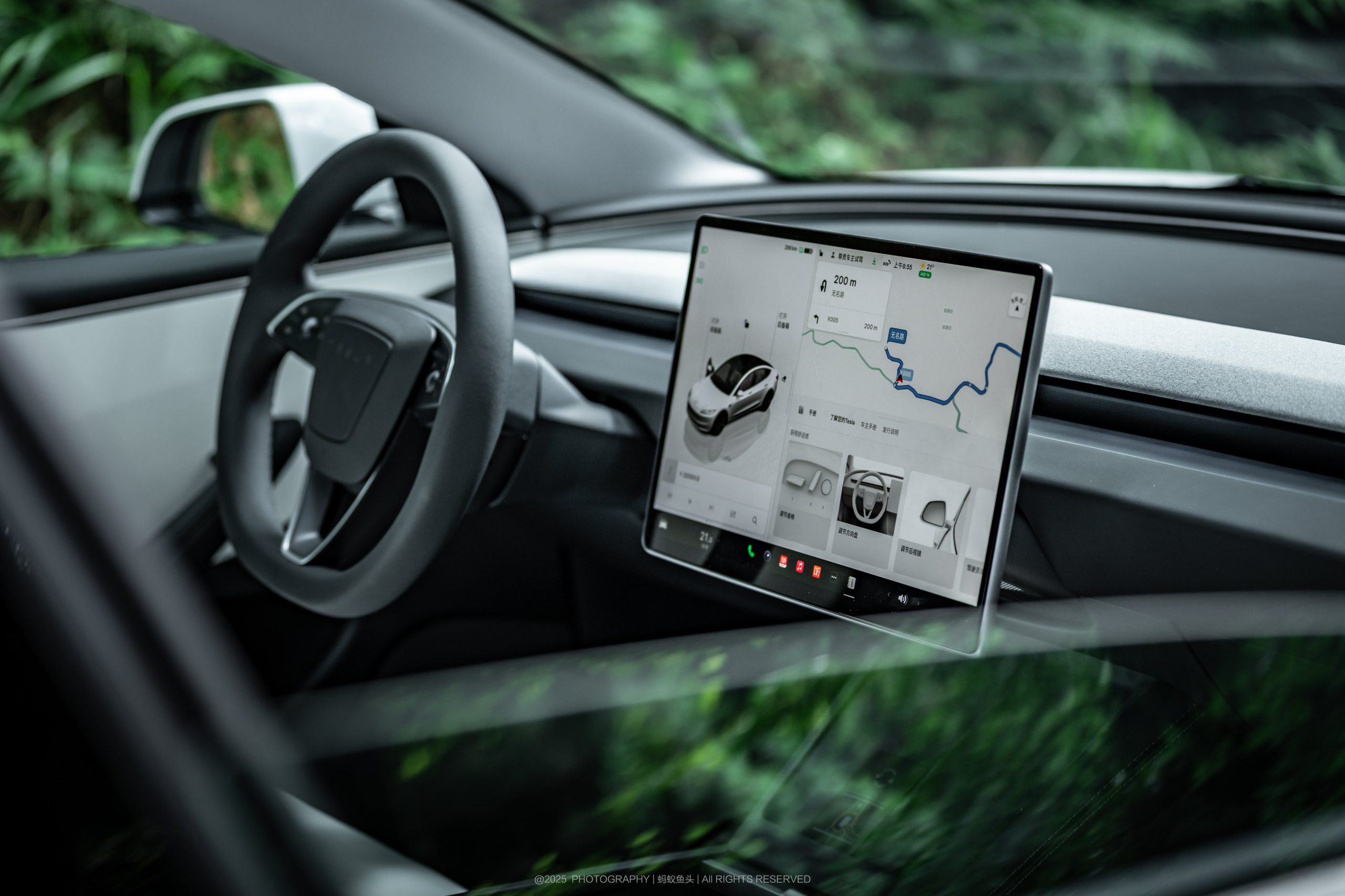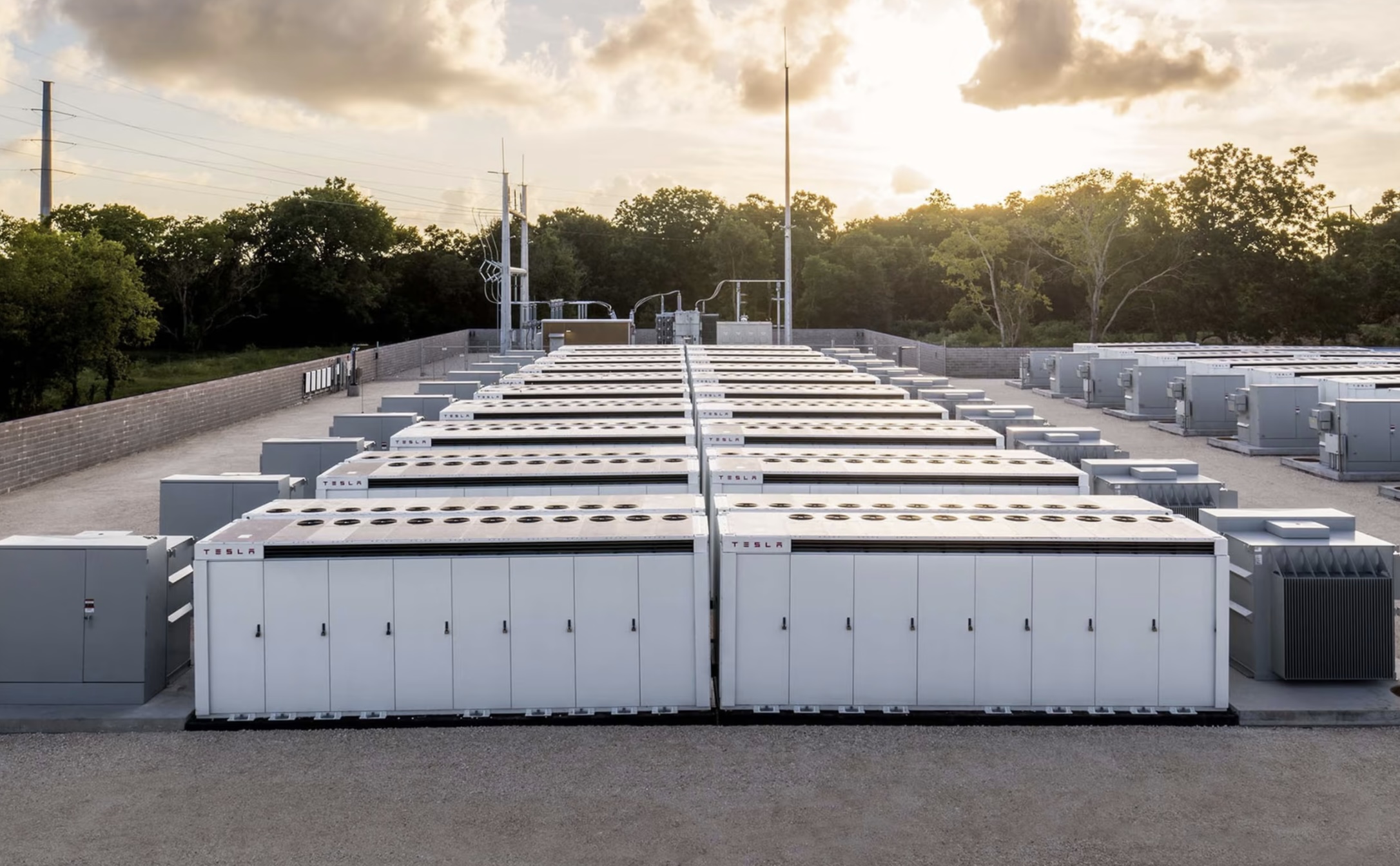

News
The Boring Company confirms that it will develop its own Hyperloop tech
Following closely on the heels of rumors that Elon Musk was pursuing development of his own Hyperloop technology, a spokesperson for the Musk-backed The Boring Company has confirmed plans to build a 600+mph high speed transportation system “aka Hyperloop”. In a statement to Wired, the spokesperson revealed that The Boring Company was indeed exploring the development of tunnels and related infrastructure that would allow for two different types of transport.
“At the Boring Company, we plan to build low-cost, fast-to-dig tunnels that will house new high-speed transportation systems. Most will be standard pressurized tunnels with electric skates going 125+ mph. For long-distance routes in straight lines, such as NY to DC, it will make sense to use pressurized pods in a depressurized tunnel to allow speeds up to approximately 600+ mph (aka Hyperloop).”
Musk has previously provided a video demonstrating the electric skate concept. The above statement indicates that the skate-focused tunnels will be solely for shorter distance traffic alleviation, while longer distance routes will forgo the 125 mph skate for a 600+ mph Hyperloop.
This marks the first time that The Boring Company has officially confirmed that it has plans to develop its own Hyperloop technology, and follows many rumors and Musk himself stating that the company had received “verbal approval” for a Hyperloop between New York City and Washington D.C in July.
https://www.youtube.com/watch?v=u5V_VzRrSBI
News of Musk’s interest in developing his own Hyperloop has created a considerable amount of drama and apparently took the private companies now developing their own derivatives of Hyperloop by surprise. Musk and SpaceX have consistently supported and encouraged external companies and entities to further develop the concept, and now Musk has decided that he will pursue the development of Hyperloop himself, something that he deemed a distinct possibility approximately a handful of days after he published the white paper in 2013.
Regardless, with Musk’s precedent for intense focus and dedication in the face of armies of armchair critics, as well as The Boring Company’s utilization of SpaceX and potentially Tesla expertise, the future is looking bright for both traffic alleviation with tunnels and high speed intercity travel by Hyperloop. With the company’s hat now officially in the ring, competition is guaranteed to be stronger than ever between the several companies pursuing the technology.
Meanwhile, The Boring Company is forging ahead in Hawthorne and just recently held a meeting with the City Council in order to present plans for a several mile R&D tunnel under the city. Tunneling requires extensive evidence of care being taken to avoid disrupting numerous pipes, wires, and other underground utilities, and TBC will have to demonstrate their ability to safely tunnel under the city. The company has already received preliminary approval from Hawthorne.

Elon Musk
Tesla Full Self-Driving’s newest behavior is the perfect answer to aggressive cars
According to a recent video, it now appears the suite will automatically pull over if there is a tailgater on your bumper, the most ideal solution for when a driver is riding your bumper.

Tesla Full Self-Driving appears to have a new behavior that is the perfect answer to aggressive drivers.
According to a recent video, it now appears the suite will automatically pull over if there is a tailgater on your bumper, the most ideal solution for when a driver is riding your bumper.
With FSD’s constantly-changing Speed Profiles, it seems as if this solution could help eliminate the need to tinker with driving modes from the person in the driver’s seat. This tends to be one of my biggest complaints from FSD at times.
A video posted on X shows a Tesla on Full Self-Driving pulling over to the shoulder on windy, wet roads after another car seemed to be following it quite aggressively. The car looks to have automatically sensed that the vehicle behind it was in a bit of a hurry, so FSD determined that pulling over and letting it by was the best idea:
Tesla appears to be implementing some sort of feature that will now pull over if someone is tailgating you to let the car by
Really cool feature, definitely get a lot of this from those who think they drive race cars
— TESLARATI (@Teslarati) February 26, 2026
We can see from the clip that there was no human intervention to pull over to the side, as the driver’s hands are stationary and never interfere with the turn signal stalk.
This can be used to override some of the decisions FSD makes, and is a great way to get things back on track if the semi-autonomous functionality tries to do something that is either unneeded or not included in the routing on the in-car Nav.
FSD tends to move over for faster traffic on the interstate when there are multiple lanes. On two-lane highways, it will pass slower cars using the left lane. When faster traffic is behind a Tesla on FSD, the vehicle will move back over to the right lane, the correct behavior in a scenario like this.
Perhaps one of my biggest complaints at times with Full Self-Driving, especially from version to version, is how much tinkering Tesla does with Speed Profiles. One minute, they’re suitable for driving on local roads, the next, they’re either too fast or too slow.
When they are too slow, most of us just shift up into a faster setting, but at times, even that’s not enough, see below:
What has happened to Mad Max?
At one point it was going 32 in a 35. Traffic ahead had pulled away considerably https://t.co/bjKvaMVTNX pic.twitter.com/aaZSWmLu5v
— TESLARATI (@Teslarati) January 24, 2026
There are times when it feels like it would be suitable for the car to just pull over and let the vehicle that is traveling behind pass. This, at least up until this point, it appears, was something that required human intervention.
Now, it looks like Tesla is trying to get FSD to a point where it just knows that it should probably get out of the way.
Elon Musk
Tesla Megapack powers $1.1B AI data center project in Brazil
By integrating Tesla’s Megapack systems, the facility will function not only as a major power consumer but also as a grid-supporting asset.

Tesla’s Megapack battery systems will be deployed as part of a 400MW AI data center campus in Uberlândia, Brazil. The initiative is described as one of Latin America’s largest AI infrastructure projects.
The project is being led by RT-One, which confirmed that the facility will integrate Tesla Megapack battery energy storage systems (BESS) as part of a broader industrial alliance that includes Hitachi Energy, Siemens, ABB, HIMOINSA, and Schneider Electric. The project is backed by more than R$6 billion (approximately $1.1 billion) in private capital.
According to RT-One, the data center is designed to operate on 100% renewable energy while also reinforcing regional grid stability.
“Brazil generates abundant energy, particularly from renewable sources such as solar and wind. However, high renewable penetration can create grid stability challenges,” RT-One President Fernando Palamone noted in a post on LinkedIn. “Managing this imbalance is one of the country’s growing infrastructure priorities.”
By integrating Tesla’s Megapack systems, the facility will function not only as a major power consumer but also as a grid-supporting asset.
“The facility will be capable of absorbing excess electricity when supply is high and providing stabilization services when the grid requires additional support. This approach enhances resilience, improves reliability, and contributes to a more efficient use of renewable generation,” Palamone added.
The model mirrors approaches used in energy-intensive regions such as California and Texas, where large battery systems help manage fluctuations tied to renewable energy generation.
The RT-One President recently visited Tesla’s Megafactory in Lathrop, California, where Megapacks are produced, as part of establishing the partnership. He thanked the Tesla team, including Marcel Dall Pai, Nicholas Reale, and Sean Jones, for supporting the collaboration in his LinkedIn post.
Elon Musk
Starlink powers Europe’s first satellite-to-phone service with O2 partnership
The service initially supports text messaging along with apps such as WhatsApp, Facebook Messenger, Google Maps and weather tools.

Starlink is now powering Europe’s first commercial satellite-to-smartphone service, as Virgin Media O2 launches a space-based mobile data offering across the UK.
The new O2 Satellite service uses Starlink’s low-Earth orbit network to connect regular smartphones in areas without terrestrial coverage, expanding O2’s reach from 89% to 95% of Britain’s landmass.
Under the rollout, compatible Samsung devices automatically connect to Starlink satellites when users move beyond traditional mobile coverage, according to Reuters.
The service initially supports text messaging along with apps such as WhatsApp, Facebook Messenger, Google Maps and weather tools. O2 is pricing the add-on at £3 per month.
By leveraging Starlink’s satellite infrastructure, O2 can deliver connectivity in remote and rural regions without building additional ground towers. The move represents another step in Starlink’s push beyond fixed broadband and into direct-to-device mobile services.
Virgin Media O2 chief executive Lutz Schuler shared his thoughts about the Starlink partnership. “By launching O2 Satellite, we’ve become the first operator in Europe to launch a space-based mobile data service that, overnight, has brought new mobile coverage to an area around two-thirds the size of Wales for the first time,” he said.
Satellite-based mobile connectivity is gaining traction globally. In the U.S., T-Mobile has launched a similar satellite-to-cell offering. Meanwhile, Vodafone has conducted satellite video call tests through its partnership with AST SpaceMobile last year.
For Starlink, the O2 agreement highlights how its network is increasingly being integrated into national telecom systems, enabling standard smartphones to connect directly to satellites without specialized hardware.








